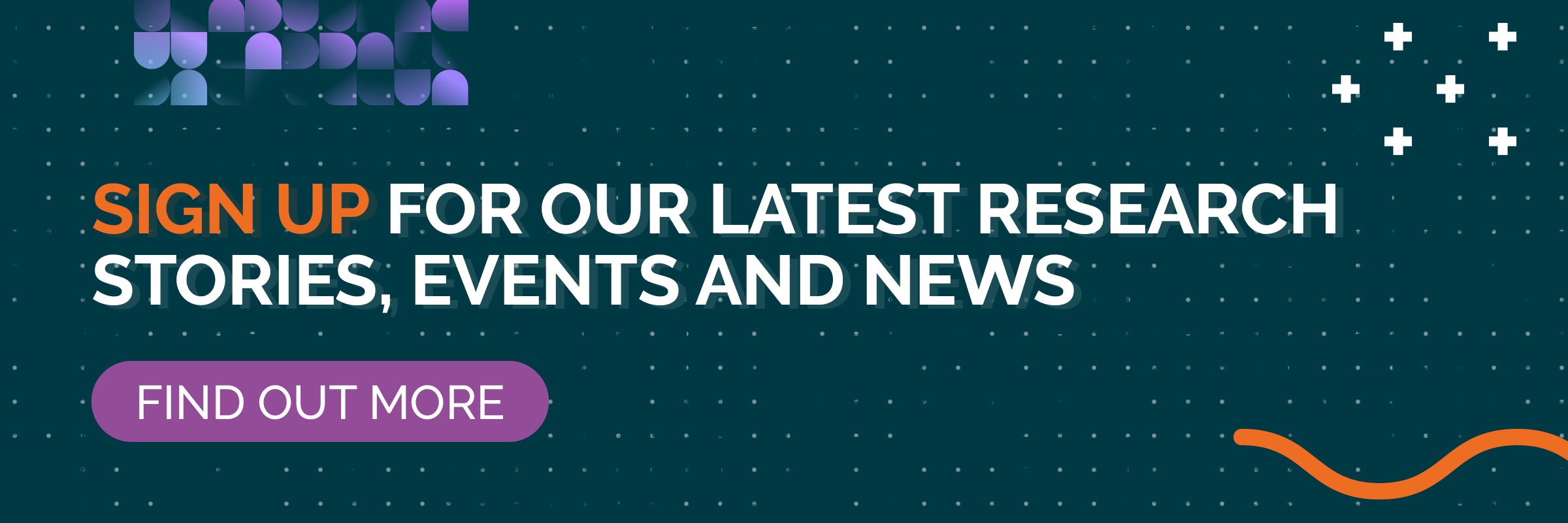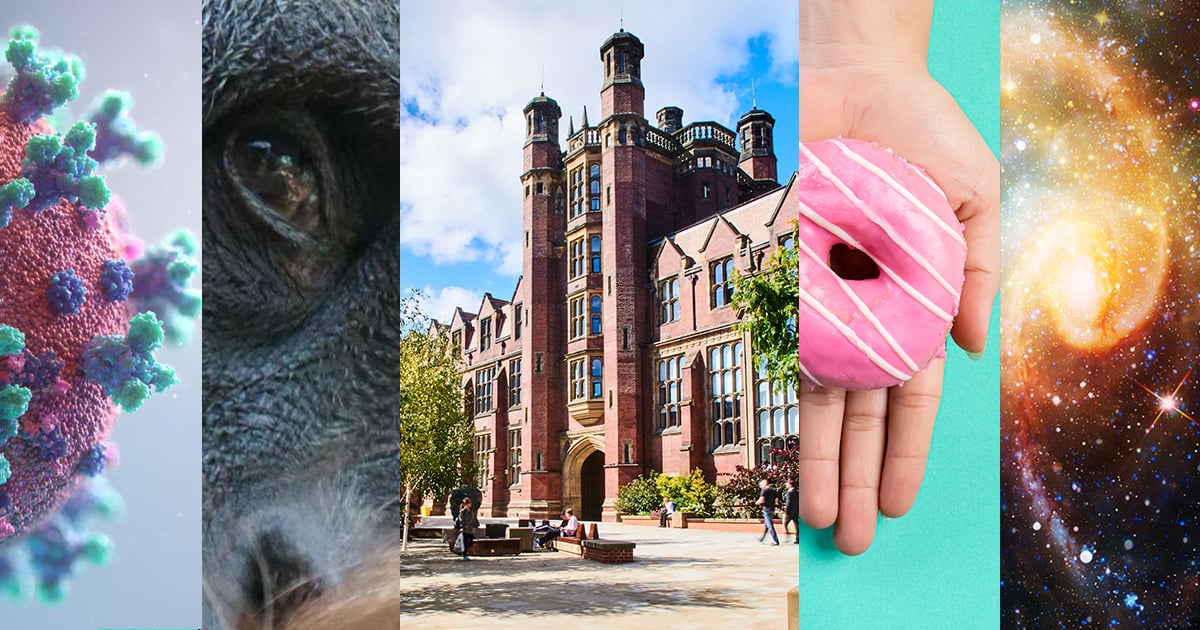
Here are some of the top Newcastle University news stories from 2021, including how our experts have been working hard to improve our region, and the world.
World First Mitochondrial Donation
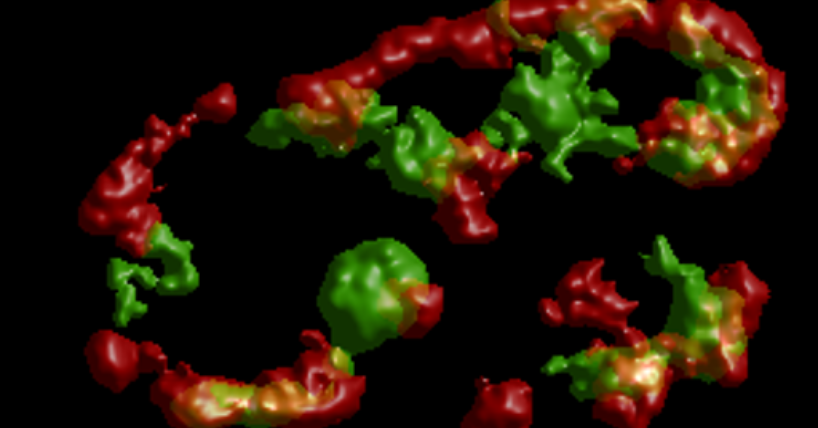
Our experts pioneered an IVF technique to protect future generations from the risk of mitochondrial disease.
Mitochondrial donation uses eggs from both a healthy donor and a woman with mitochondrial disease. It carries a much lower risk of mitochondrial disease being passed down the maternal line to the child due to the healthy mitochondrial DNA from the donor egg.
This is the only regulated service in the world that is licensed to perform the technique.
Pioneering Research to Tackle Bowel Cancer
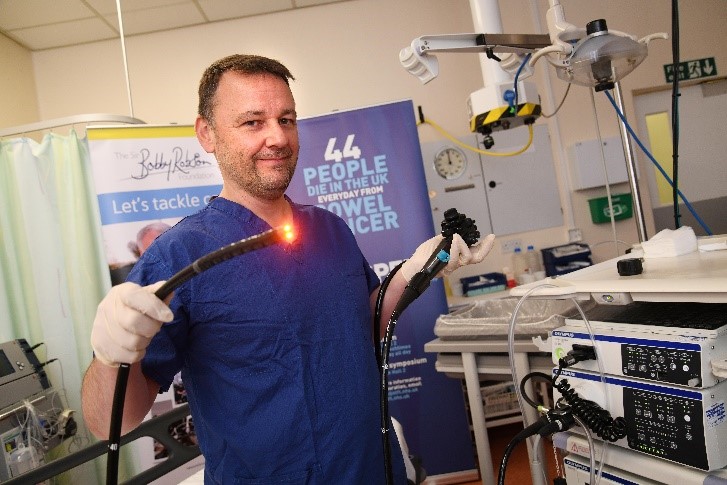
Each year in the UK, more than 40,000 people are diagnosed with bowel cancer.
The earlier the cancer is detected, the better the clinical outcome for the patient.
Newcastle University cancer expert, Professor Colin Rees, has worked for the last six years with a new device that improves detection and makes removal easier.
As a result of his research, the device is now used regularly in the NHS and has been adopted internationally.
Mobilising Data to Tackle Species Extinction
-1.jpg?width=1200&name=New%20Project%20(33)-1.jpg)
Human-driven changes in biodiversity and the consequences they have for economies, societies, and natural services are increasingly the focus of global environmental policy.
We know that conservation targeted at species can and does work, but the challenge is in the number of species that need to see a reduction in the threats that they face.
Led by Newcastle University, together with the International Union for the Conservation of Nature (IUCN), The Species Threat Abatement and Restoration (STAR) metric addresses these challenges for the first time, providing a science-based approach for understanding how and where to reduce species extinction risk.
The last two transatlantic slave trade survivors discovered
-1.jpg?width=1024&name=New%20Project%20(14)-1.jpg)
The untold stories of the last two transatlantic slave trade survivors were uncovered thanks to the painstaking research of Dr. Hannah Durkin.
Dr. Durkin’s work shed light on the lives of Matilda McCrear and Redoshi, two women who experienced the horror of being kidnapped as children from Africa and then sold into slavery in the USA.
Gene Protection for Covid-19 Identified
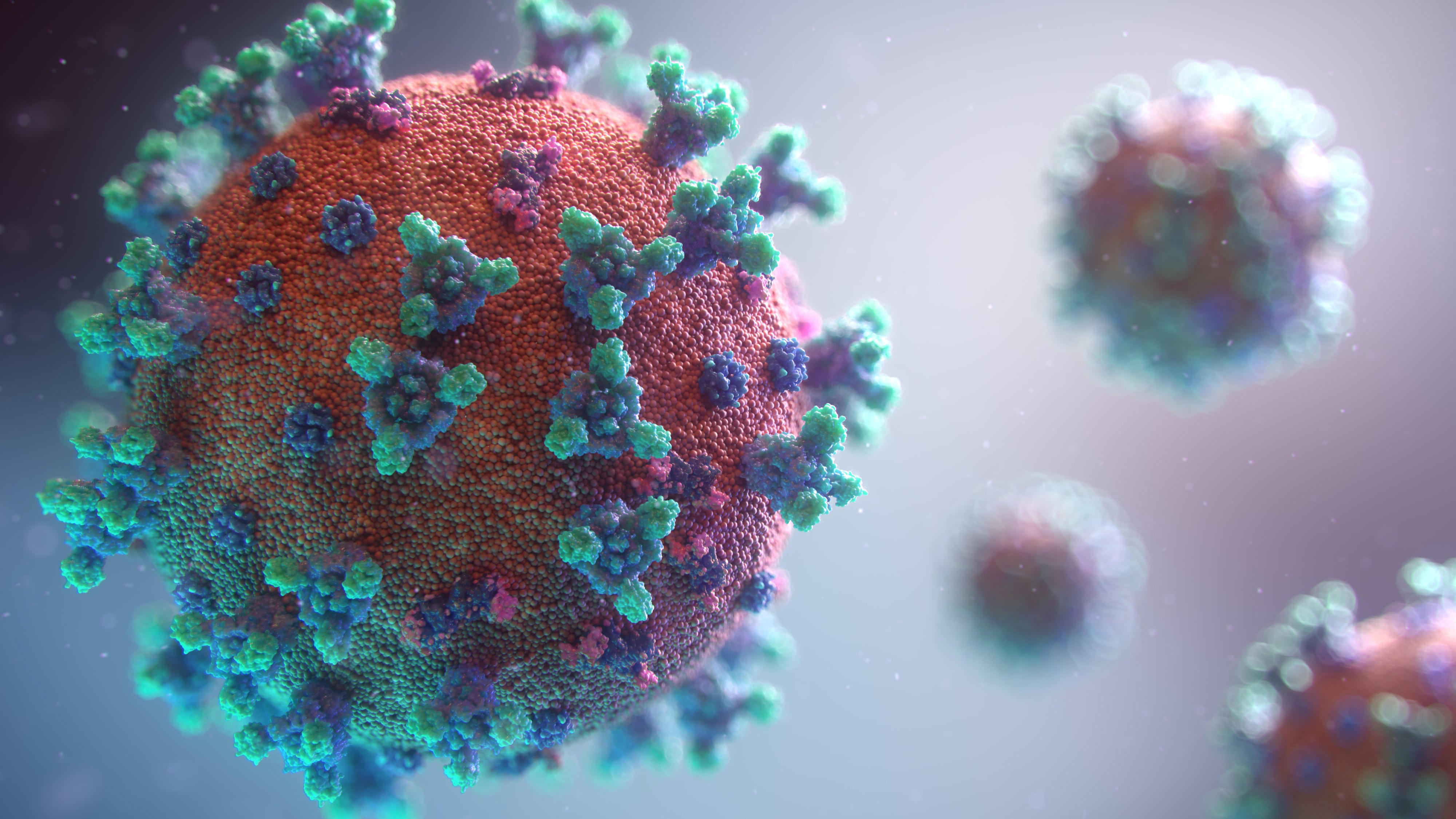
Our experts worked with NHS trusts across the region to uncover the first evidence of a genetic link that explains why some people who catch Covid-19 don't experience any symptoms.
The gene is found three times more often in those who are asymptomatic with the virus. This suggests that those who have this gene benefit from some level of protection from severe Covid-19.
Officially recognised a University of Sanctuary
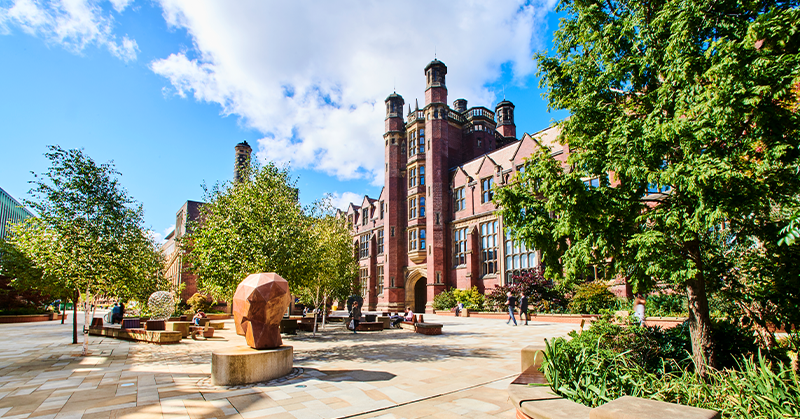
In July, we were officially recognised as a University of Sanctuary for our ongoing support of refugees and asylum seekers.
Our University has a history of supporting those seeking sanctuary and highlighting their needs, including within our research activities and community engagement programmes.
The award officially recognised our commitment to promoting a culture of welcome, inclusion, engagement, and safety across campus and the wider community.
Newcastle University alumni win Olympic rowing bronze
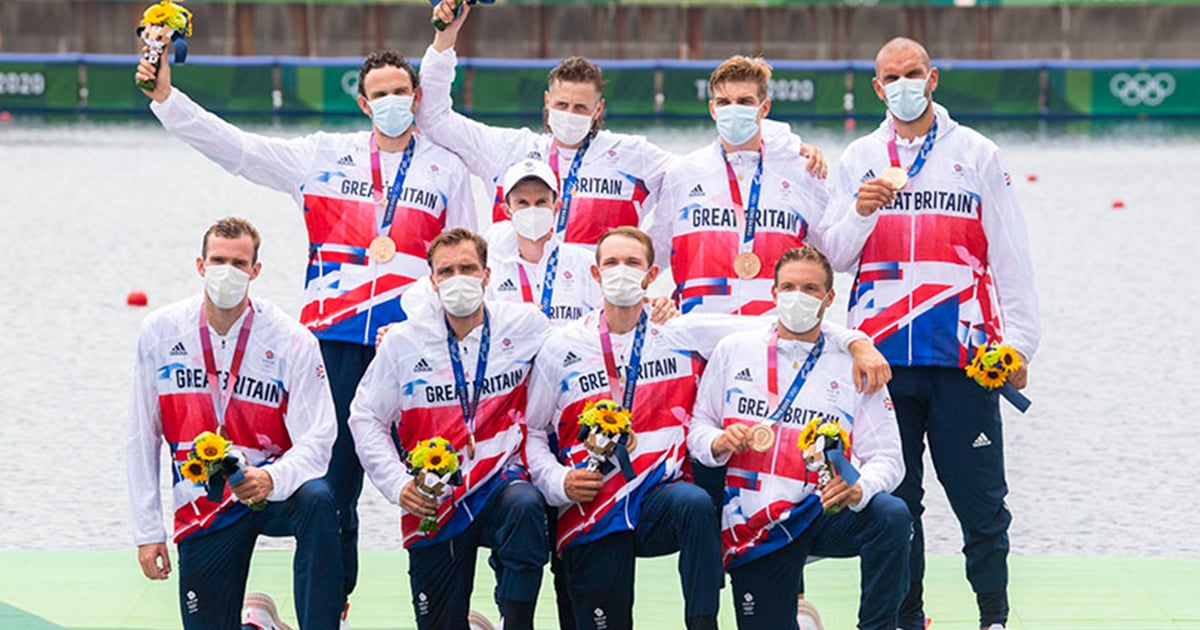
Later that month we celebrated two Newcastle University graduates, Tom Ford and James Rudkin, as they helped propel Team GB to a podium spot in the men’s eight final at the Olympic Games in Tokyo.
Our University was represented by four athletes in total. The other two Olympians were Emily Ford, who was in the women’s eight rowing crew, and Harry Glover. Harry just missed out on a Bronze medal when the GB Rugby Sevens team lost out narrowly to Argentina.
Type 2 Diabetes remission defined across the world

Type 2 diabetes has long been regarded as a chronic disease and one with a complex, obscure cause. However, research by Professor Roy Taylor has confirmed that Type 2 diabetes is simply caused by excess fat within the liver and pancreas.
By clearly defining the cause of the disease, treatment can now be planned to reverse Type 2 diabetes to a normal level, to a point where patients no longer need medication.
‘These findings are revolutionising the way Type 2 diabetes is treated. It is no longer a life-long condition.’ Professor Roy Taylor
The definition of remission from type 2 diabetes has been re-written for medics in America, Europe, and Britain thanks in part to the work of Professor Roy Taylor.
Online exhibition documents Mandela’s visit to Pietermaritzburg
-2.jpg?width=1200&name=New%20Project%20(54)-2.jpg)
In April 1990, Nelson Mandela visited Pietermaritzburg to see the devastation caused by the Seven Days War. Dr. Aron Mazel, now a Reader in Heritage Studies, photographed Mandela's visit and his images have now been turned into an online exhibition.
Redeveloping the Stephenson Building sustainably
.jpg?width=800&name=Stephenson_Building_Dusk_View%20(featured%20image).jpg)
After the official opening of our newest campus building earlier this year, the Dame Margaret Barbour Building, work began on updating the Stephenson Building with an emphasis on sustainability.
The redevelopment will create a world-class facility for the 21st century and beyond. The works will enhance the student experience, be home to world-class research, and support many collaborations with the industry.
Discovering a New Giant Crustacean
-3.jpg?width=1200&name=New%20Project%20(54)-3.jpg)
Introducing Eurythenes atacamensis, a giant new crustacean discovered scavenging on the deepest depths of the ocean floor.
‘Discovering a new species and placing it on the tree of life is a big responsibility. I have been fortunate to name four species from some of the deepest, most remote and least sampled parts of the ocean.’ Johanna Weston, a PhD Marine Science candidate in our School of Natural and Environmental Sciences
Opening up the universe to the blind
Until now, the presentation of astronomical data has only been able to be fully appreciated by those with unimpaired vision.
Created and directed by Dr. Chris Harrison, Audio Universe: Tour of the Solar System aims to make astronomy more inclusive by offering blind and partially sighted people the chance to 'hear' the universe for the first time.
